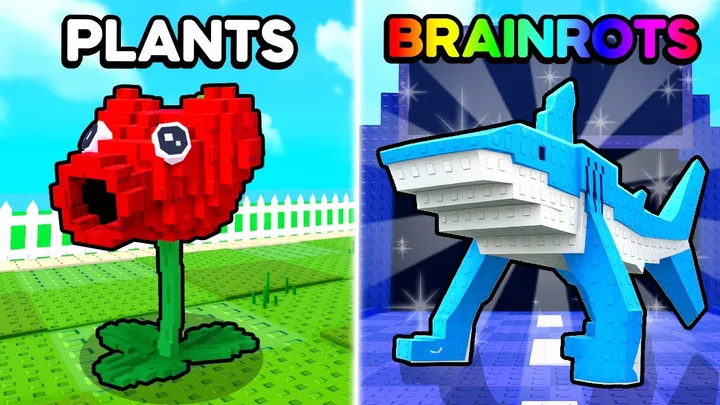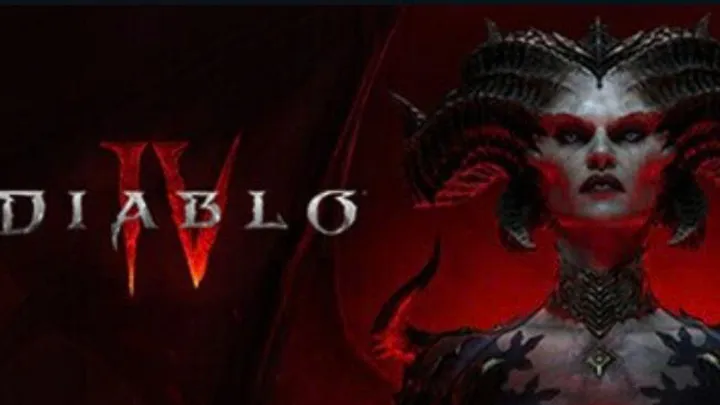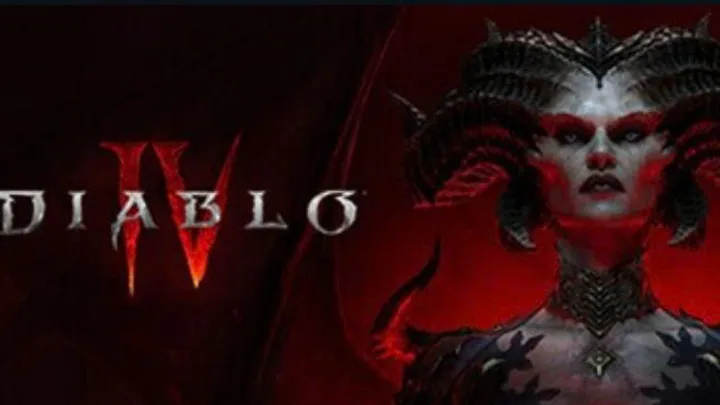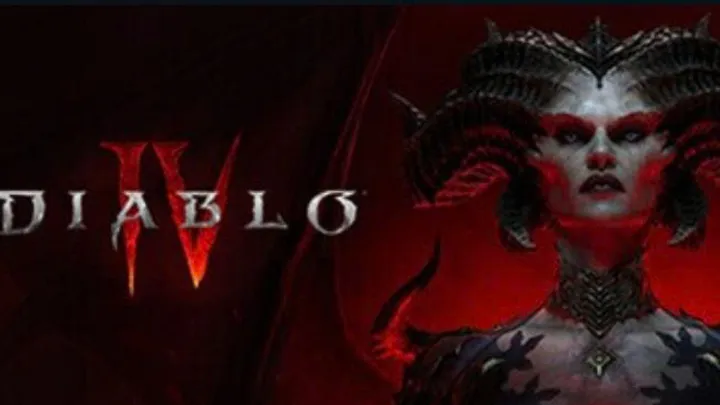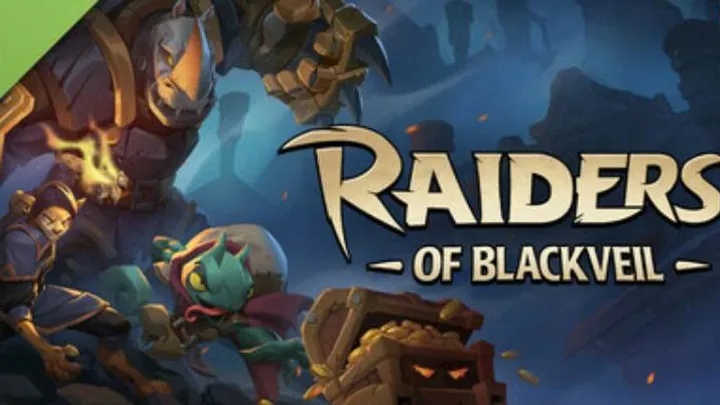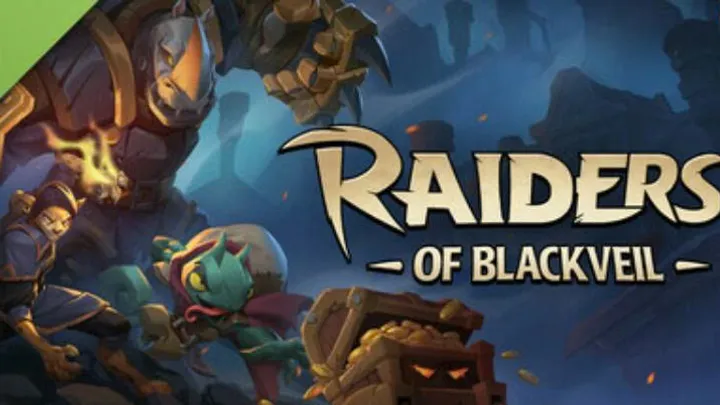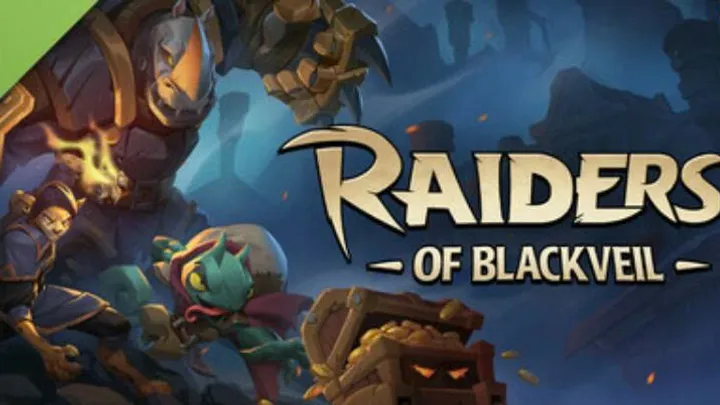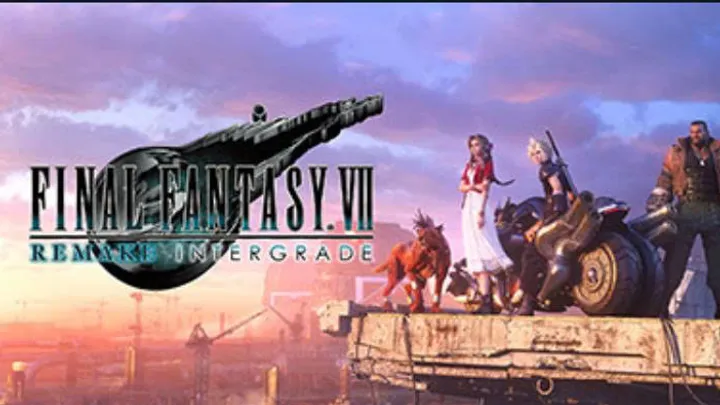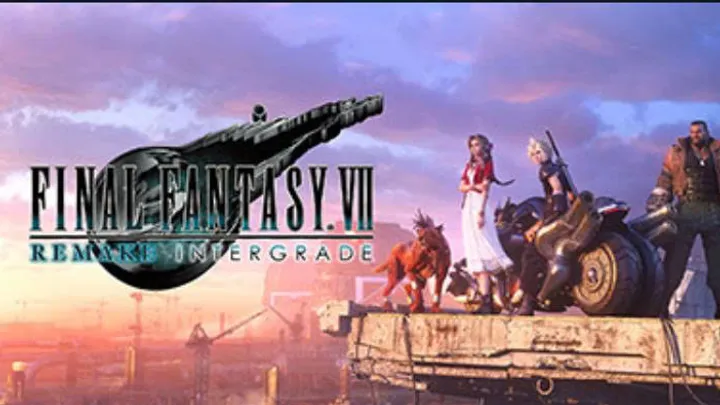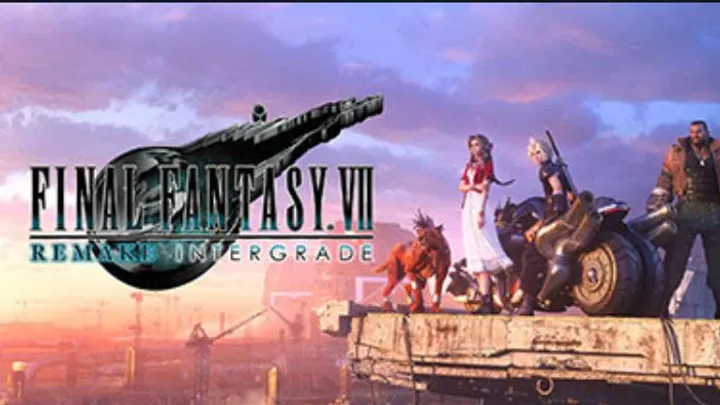In 2014, Lionhead Studios released Fable Anniversary, a high-definition remake of the original Fable game. This remaster aimed to bring the classic action role-playing experience to modern audiences while retaining the charm and humor that made the original a cult favorite. However, despite its visual enhancements and updated features, Fable Anniversary faced criticism for not fully addressing the technical issues and gameplay limitations of its predecessor.
The Legacy of the Original Fable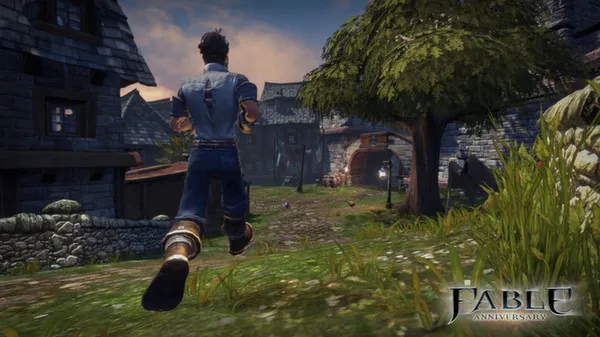
Released in 2004, the original Fable introduced players to the whimsical world of Albion, where choices shaped the hero's destiny. Developed by Lionhead Studios and led by Peter Molyneux, the game promised a dynamic world that reacted to players' decisions. While it didn't fully deliver on all its ambitious promises, Fable was praised for its engaging narrative, humor, and the concept of a living, breathing world.
The Ambition Behind Fable Anniversary
With the success of the original game and its expansion, The Lost Chapters, Lionhead Studios sought to reintroduce Fable to a new generation of gamers. Fable Anniversary was developed using the Unreal Engine 3, aiming to enhance the game's visuals, improve the user interface, and incorporate achievements and a new save system. The goal was to preserve the original's charm while modernizing its presentation.
Visual Enhancements and Technical Challenges
One of the most notable changes in Fable Anniversary was its updated graphics. The game featured higher-resolution textures, improved lighting, and a more polished user interface. However, these enhancements were marred by technical issues. Players reported frame rate drops, texture glitches, and long loading times, which detracted from the overall experience. These problems were particularly evident on the Xbox 360 version, leading to criticism that the remaster didn't fully capitalize on the potential of modern hardware
Gameplay Mechanics: A Double-Edged Sword
Fable Anniversary retained the core gameplay mechanics of the original, including the morality system, real-time combat, and character customization. The game's morality system allowed players to choose between good and evil paths, affecting their appearance and interactions with NPCs. Combat was real-time and accessible, catering to both casual and hardcore gamers. Character progression was tied to skills and abilities, allowing for a personalized playstyle.
However, these mechanics showed their age. The combat system, while innovative at the time, felt repetitive and lacked depth in the remaster. The morality system, though impactful, didn't offer enough consequences to make choices feel significant. Additionally, the game's world, while charming, felt limited and lacked the interactivity seen in more modern RPGs.
The Lost Chapters: An Expansion's Return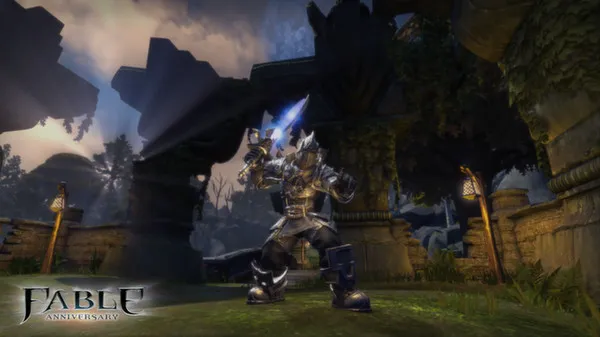
Fable Anniversary included The Lost Chapters, an expansion that added new quests, areas, and items to the original game. This content was well-received, offering additional depth to the game's narrative and world. However, some players felt that the inclusion of this content highlighted the shortcomings of the base game, as it showcased what could have been achieved with more development time and resources.
Reception and Critical Response
Upon release, Fable Anniversary received mixed reviews. Critics praised the game's visual improvements and the inclusion of The Lost Chapters, but many pointed out the technical issues and outdated gameplay mechanics. The remaster's inability to fully modernize the experience left some players feeling that it was more of a nostalgic trip than a meaningful update.
Community Feedback and Modding Support
The Fable community expressed a range of opinions about the remaster. Some appreciated the effort to bring the classic game to modern platforms, while others were disappointed by the technical issues and lack of significant improvements. The inclusion of modding support on the PC version allowed the community to address some of these issues, leading to unofficial patches and enhancements that improved the game's performance and added new content
.
The Enduring Charm of Albion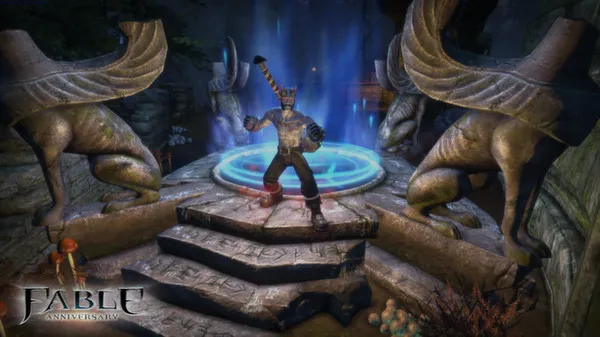
Despite its flaws, Fable Anniversary retained the whimsical charm and humor that made the original game beloved. The game's world, characters, and narrative continued to captivate players, offering a unique RPG experience. The remaster served as a reminder of the potential of the Fable series and the impact it had on the RPG genre.
The Future of the Fable Series
Looking ahead, the Fable series has the opportunity to evolve and modernize. With advancements in technology and changes in player expectations, a new Fable game could address the shortcomings of the past while retaining the series' core elements. The upcoming reboot, developed by Playground Games, holds promise for revitalizing the franchise and introducing it to a new generation of gamers.
Conclusion
Fable Anniversary stands as a testament to the enduring appeal of the original game and the challenges of remastering a classic. While it succeeded in enhancing the game's visuals and preserving its charm, it fell short in addressing the technical and gameplay issues that hindered the original. For fans of the series, it offers a nostalgic return to Albion, but for newcomers, it may serve as a reminder of how far the RPG genre has evolved.
